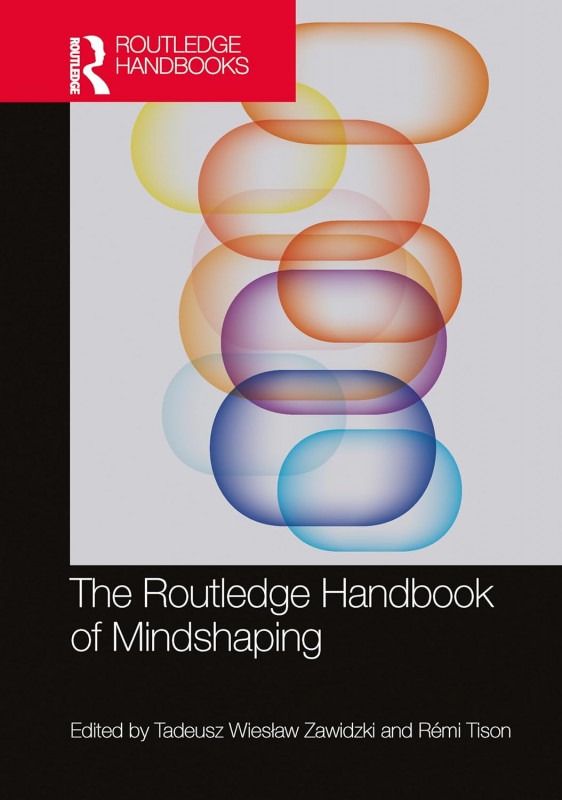News Details

KLI Senior Postdoc Fellow Enrico Petracca, along with James Grayot (University of Porto, Portugal), has contributed a chapter titled, “Mindshaping and the embodiment of rationality” in the recently published volume, The Routledge Handbook of Mindshaping, edited by Tadeusz Wies?aw Zawidzki and Remi Tison of the Department of Philosophy at George Washington, USA.
Mindshaping is a novel concept in social cognition, advocated by Zawidzki (2013). It is described as ‘the complex, diverse, and flexible capacities to shape each other's minds though practices such as ‘sophisticated imitation, pedagogy, conformity to norms, and narrative self-constitution.’ These social and cultural mechanisms or ‘mindshaping’ serve to make individuals’ minds more predictable and understandable, enabling social cooperation and coordination.
The chapter is a contribution to the emerging research on mindshaping. The human species excels in the mindshaping practice, for instance, when it creates institutions that either direct or constrain individuals’ behavior. The chapter connects mindshaping with the relatively new research on the embodiment of rationality, the view according to which rational behavior is not only an outcome of brain but of the interaction between brain, body, and environment. Accordingly, the chapter argues, mindshaping is not a practice that exclusively targets the brain, intending to make it more understandable and predictable, but the entire individual in its relation to the environment. The mindshaping concept, in turn, may enrich our understanding of rationality in a way that highlights the social and cultural contributions to what we consider rational behavior.

